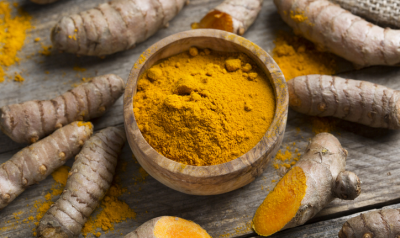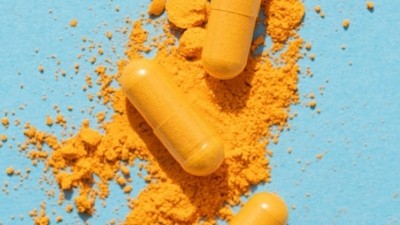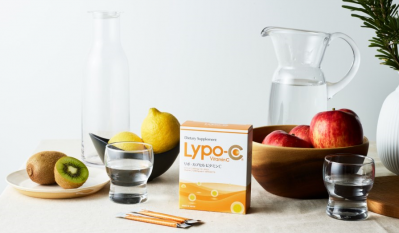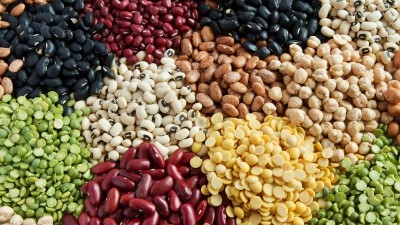Curcumin extract significantly reduces BMI, body weight, waistline in obese or diabetic adults – review
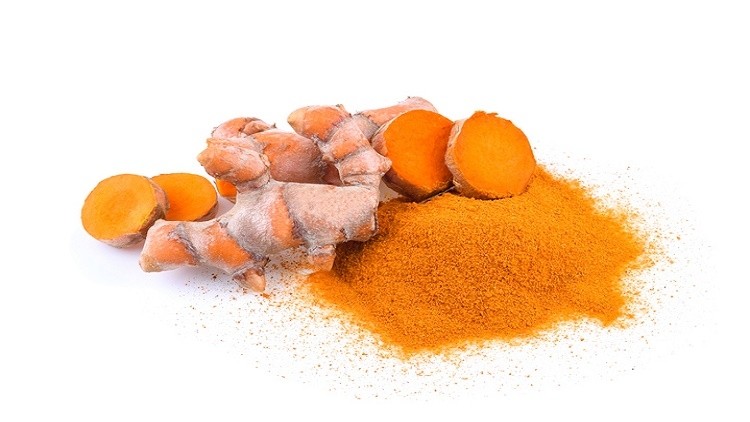
The benefit of curcumin extract supplementation was most significant in individuals with obesity or type II diabetes mellitus (T2DM).
Writing in The American Journal of Clinical Nutrition, the researchers from Khon Kaen Hospital and Mahidol University recommended that curcumin supplement together with lifestyle modification “should be an option for weight reduction”.
A total of 14 systematic reviews and meta-analyses of RCTs published up to March 31 last year were sieved out from Medline, Scopus, Cochrane, and Google Scholar for this analysis.
These 14 reviews and meta-analyses were made up of 50 RCTs involving a total of 2,879 participants with either of the following conditions: obesity, NAFLD, PCOS, metabolic syndrome, type II diabetes, chronic kidney disease, and hyperlipidemia.
These participants were recruited to experiment whether curcumin supplementation could have a positive effect on either the BMI, body weight (BW), or waist circumference (WC).
In these 50 RCTs, three types of curcumin formulations were trialled, namely whole compounds with dosages ranging from 2,000 to 3,000 mg per day, curcumin extracts with dosages ranging from 500 to 1,950 mg per day, and bioavailability-enhanced formulas.
The bioavailability-enhanced formulas contained curcumin ranging from 500 to 1000 mg and adding piperine between 5 and 10 mg per day, or nanocurcumin ranging from 80 to 180 mg per day, or curcumin in the liposomal or micelles form.
Findings showed that curcumin supplementation could significantly reduce BMI relative to the control group, with a weighted mean difference (WMD) of −0.24 kg/m2.
Weighted mean difference refers to the difference between the mean values of the curcumin and placebo groups.
The reduction in BMI was especially significant in participants with PCOS, obesity, NAFLD, and metabolic syndrome, which was however, not seen in participants with T2DM and CKD.
In addition, curcumin supplementation has shown to significantly reduce body weight and waist circumference, with a WMD of −0.59 kg and -1.32 cm.
These reductions were the most significant in participants with T2DM and obesity.
Bioavailability
In addition, the review also found that the efficacy of curcumin supplementation is linked to the forms of curcumin consumed. In general, the curcumin extracts and bioavailability-enhanced curcumin were found to be more effective.
For example, in terms of BMI, curcumin extract exerted the greatest WMD at -0.21 kg/m2, followed by the bioavailability-enhanced curcumin at -0.26 kg/m2, and lastly whole compounds at -0.41 kg/m2.
Similarly, in terms of waist circumference, the greatest WMD was seen in the curcumin extract group at -0.67cm, followed by the bioavailability-enhanced curcumin group at -1.41cm, and lastly whole compounds at -3.17cm.
In terms of body weight, the WMD remained greatest in the curcumin extract at -0.44kg. However, this was followed by whole compounds at -0.58kg, and bioavailability-enhanced curcumin at -0.80kg.
“Curcumin extract and bioavailability-enhanced formulas seem to be the most effective formulas for weight reduction,” the researchers said.
Mechanisms
The researchers acknowledged that the exact mechanisms behind the benefits of curcumin supplementation on weight reduction were yet uncovered.
However, existing studies have shown that curcumin could induce fatty acid oxidation and increase adipocyte apoptosis – or death of fat cells.
It could also suppress fat cells differentiation by activating the AMP-activated protein kinase.
The study was supported by the National Research Council of Thailand.
Source: The American Journal of Clinical Nutrition
The effect of curcumin supplementation on weight loss and anthropometric indices: an umbrella review and updated meta-analyses of randomized controlled trials
DOI: https://doi.org/10.1016/j.ajcnut.2023.03.006
Authors: Chanita Unhapipatpong et al
